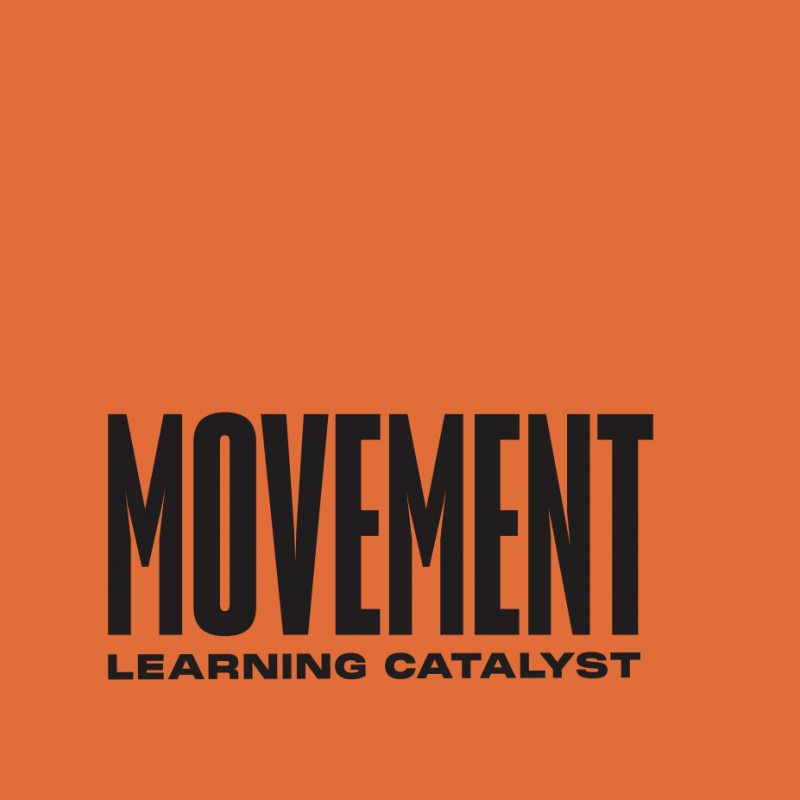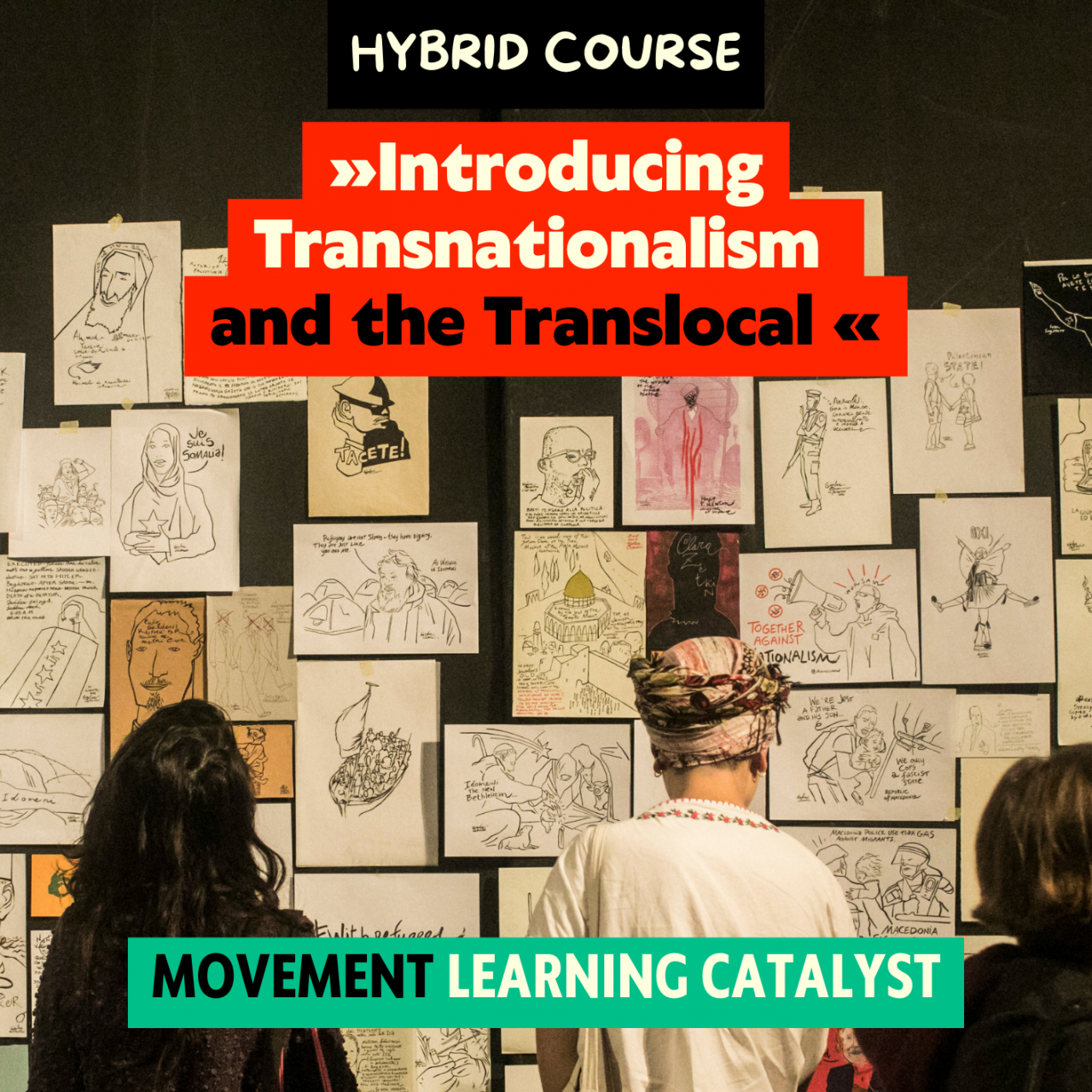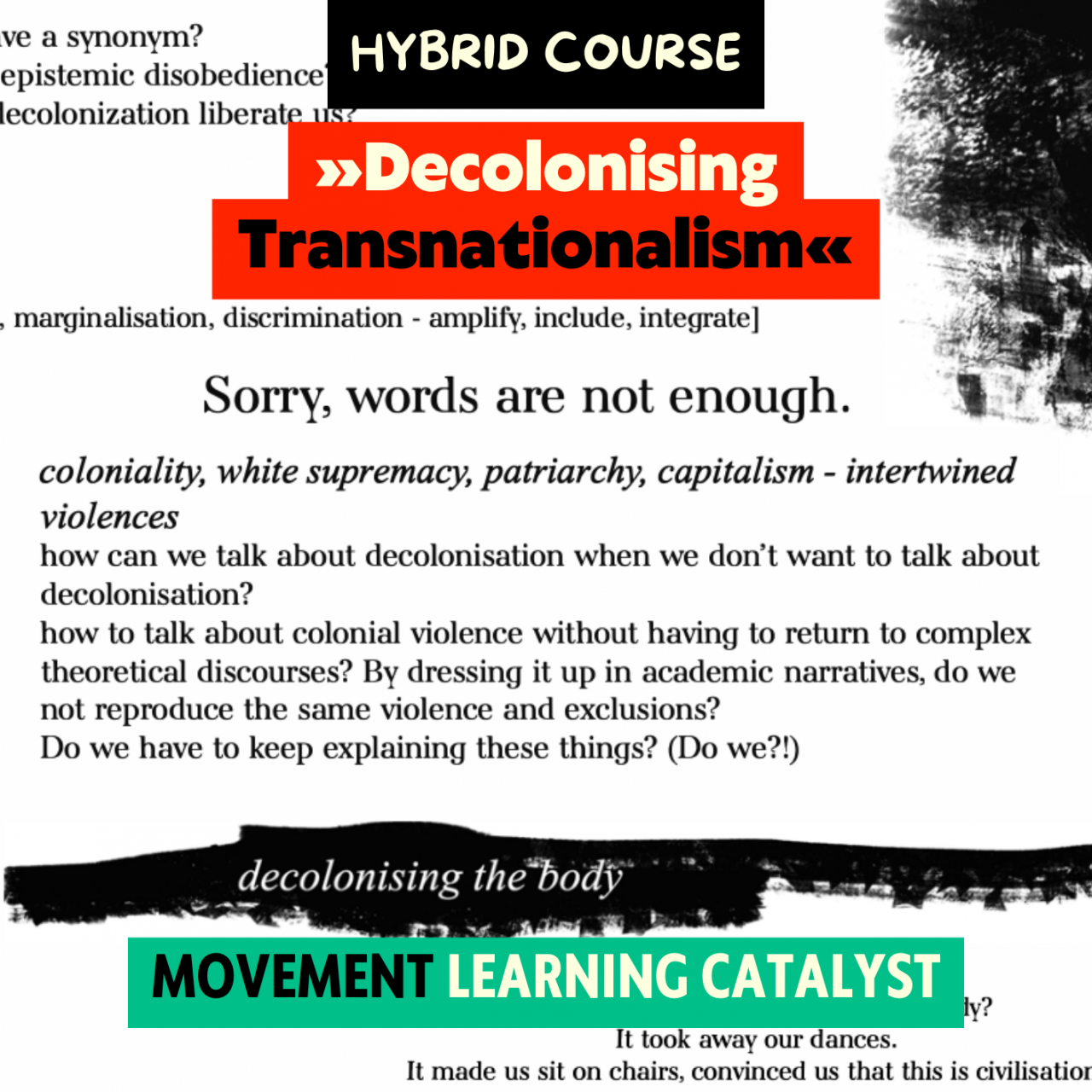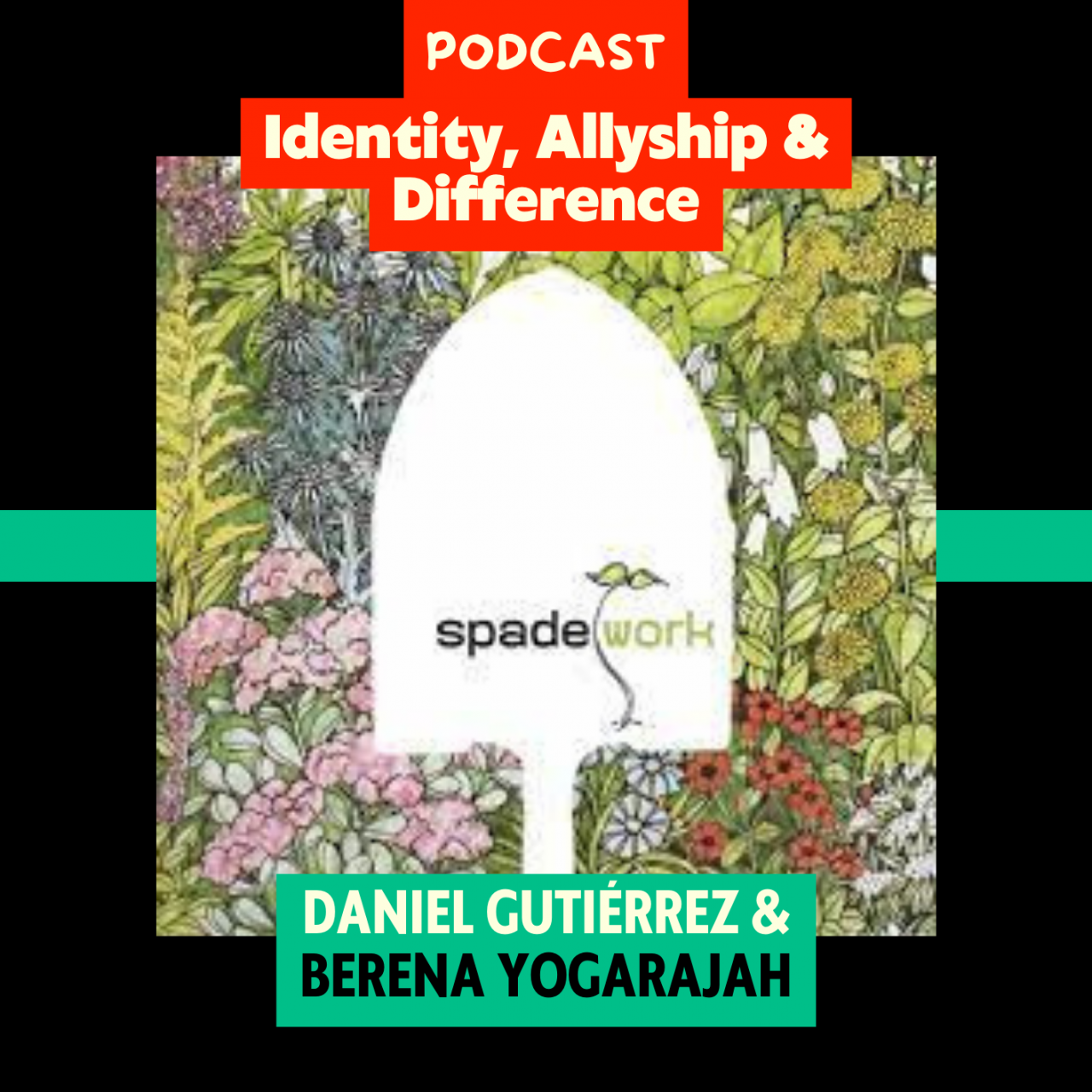This Weeks Journey
This week we take a look at different transnational realities that can exemplify what we mean when we talk about a 'transnational' dimension.
1. Imagine
1. Resistance as a place of learning: the story of Lützerath on a photo-essay
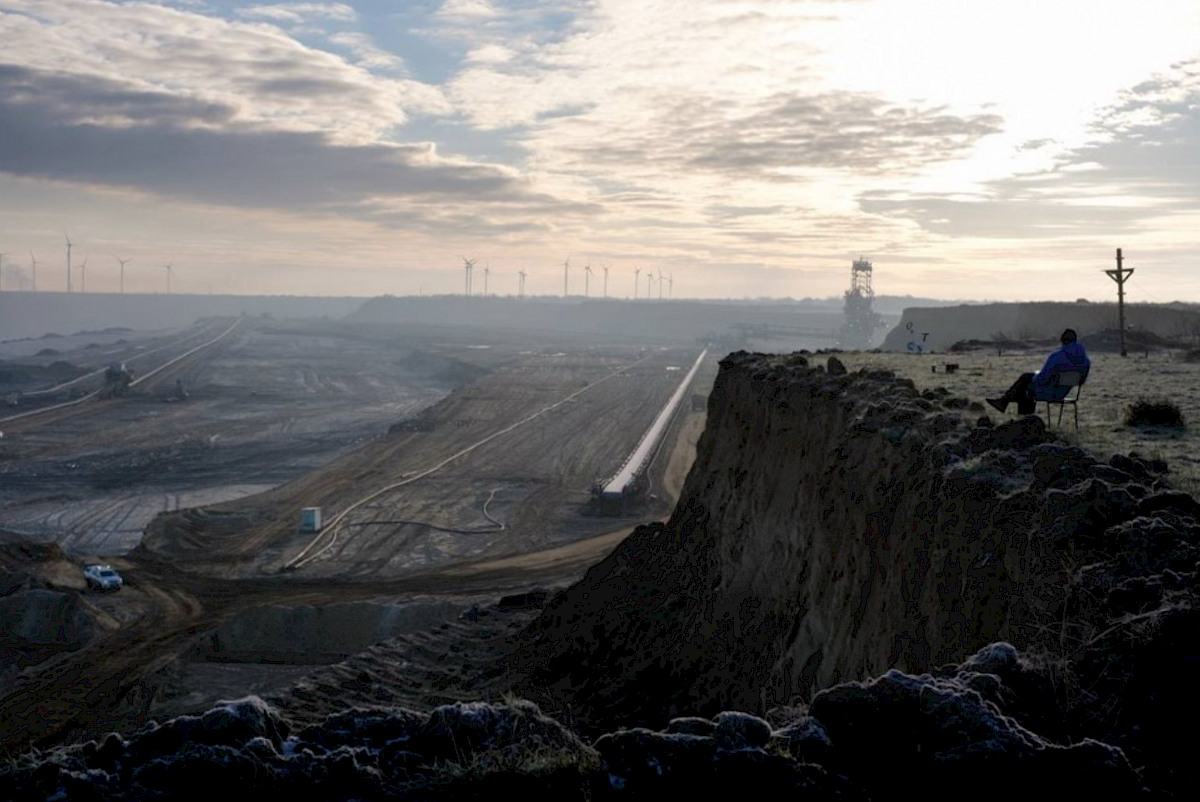
The eviction of Lützerath: the village being destroyed for a coalmine
In the photo, a person sits at the edge of the Garzweiler mine. Source: Social-Media-Hub Lützerath
2. »Engaging with Europe«
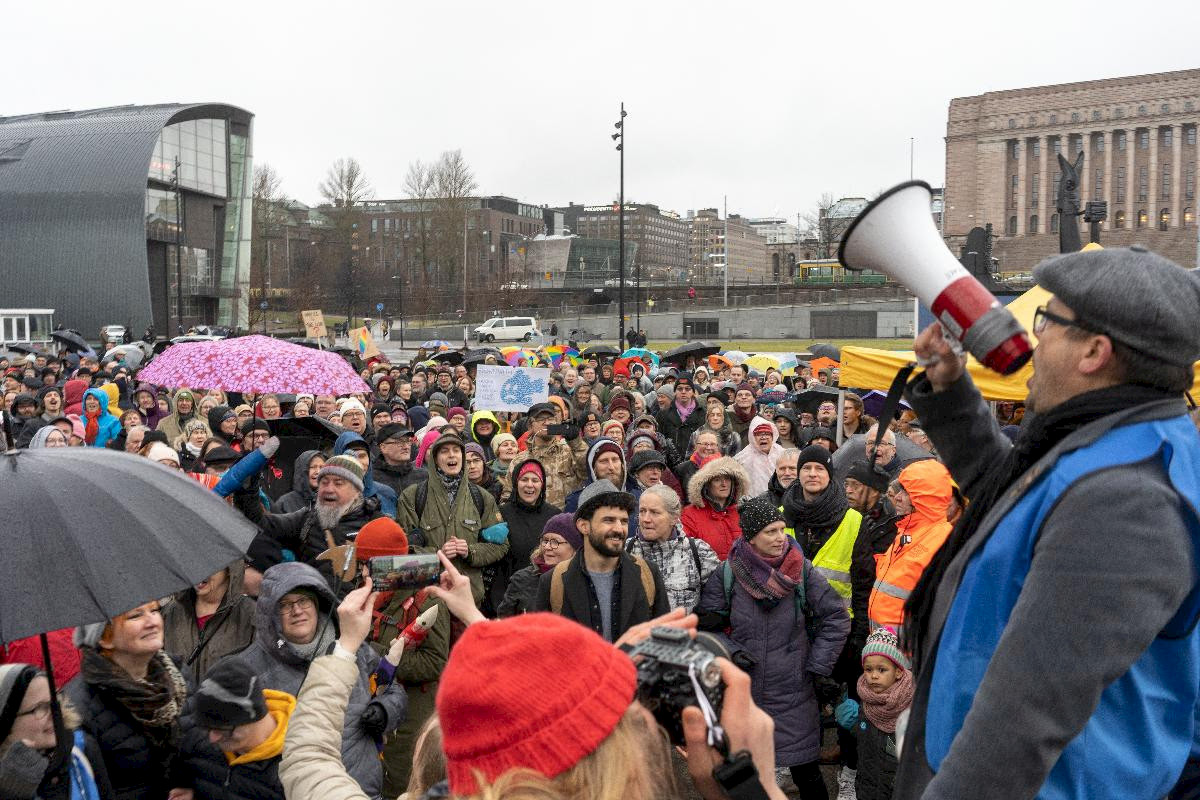
Anti-Facist Flashmob in Finland. Source: CC BY 4.0
Curious to read and explore further?
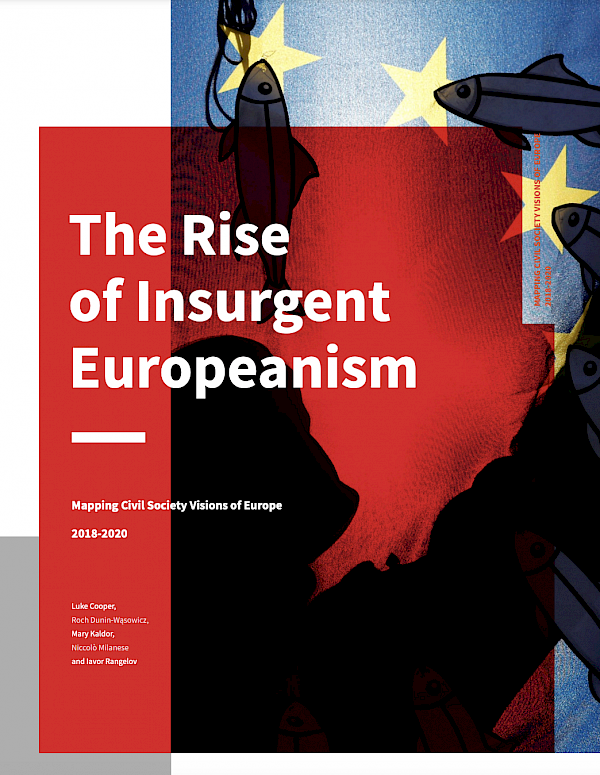
2. Reflect
In a simple definition, transnationalism suggests a weakening of the control a nation-state has over its borders, inhabitants, and territory. It includes all the economic, social, political, and cultural processes that extend beyond the boundaries of nation-states. But we believe that the concept entails much more than this; that is why for this week we have put together for you a series of video case studies that we hope can help you reflecting on the complexities of what transnational activism entails.
The examples we bring to reflect on this are two:
1. Interview by Seema Syeda to our friend Kalina Drenska, from the magazine and platform LeftEast, who talks about her personal experience being an activist at a transnational level.
